Resources
Get Matched to the Right Builder
FIND THE PERFECT CUSTOM HOME BUILDER WITH OUR FREE ASSESSMENT
Tired of feeling overwhelmed? Look no further. We'll match you to the right builder in the Houston area and save you months of valuable time and money you'd spend trying to find one on your own. Click below to get started!
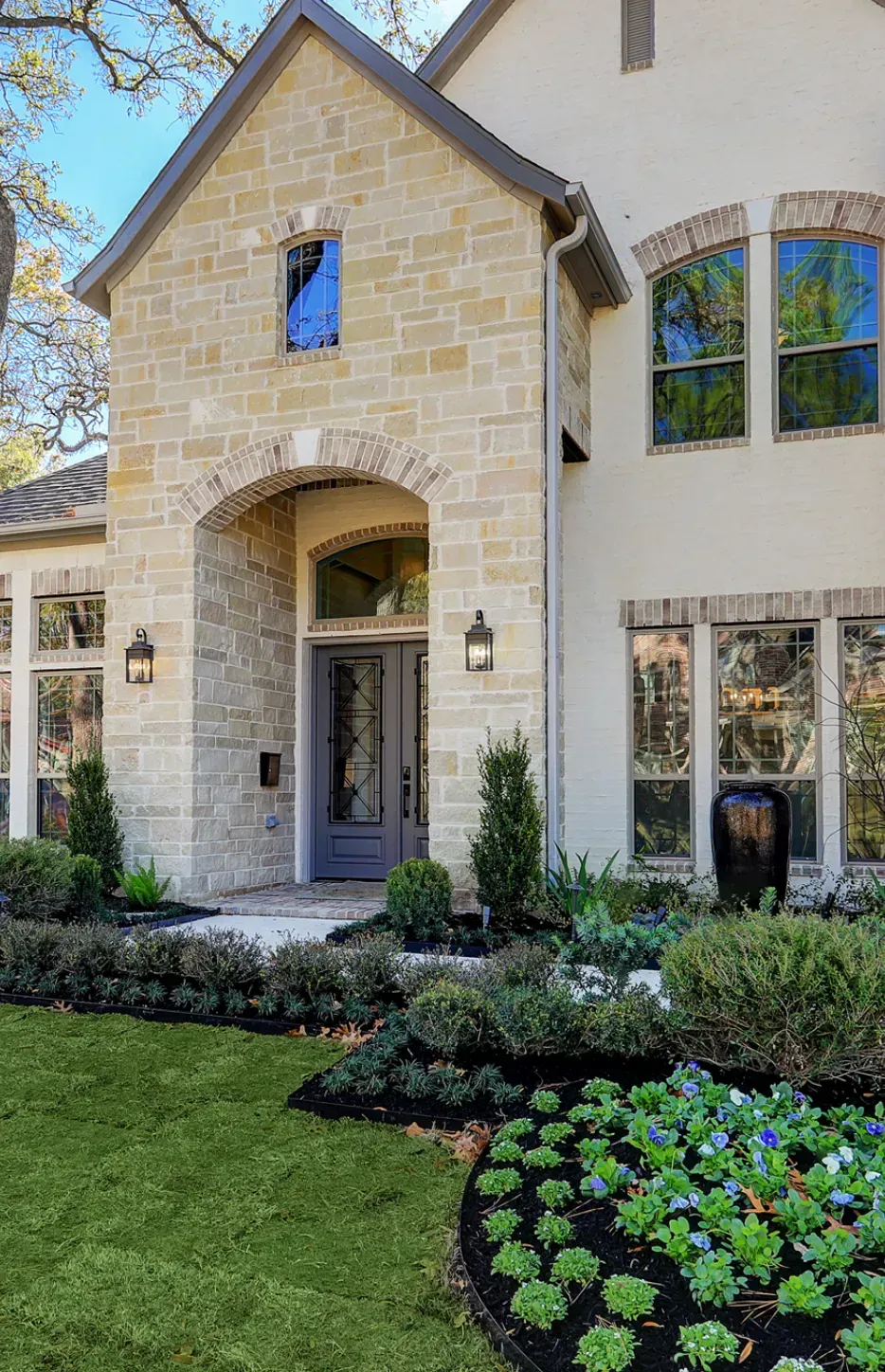
Download The Ultimate Custom Home Building Guide
A Step-by-step guide to building your custom dream home.
Download The Ultimate Custom Home Building Checklist
Finance

Finding Lot

Best Builder

Explore Our Gallery of Custom Homes
Browse our finished projects that display the craftsmanship of the builders we’ve matched with homeowners – turning dreams into reality.
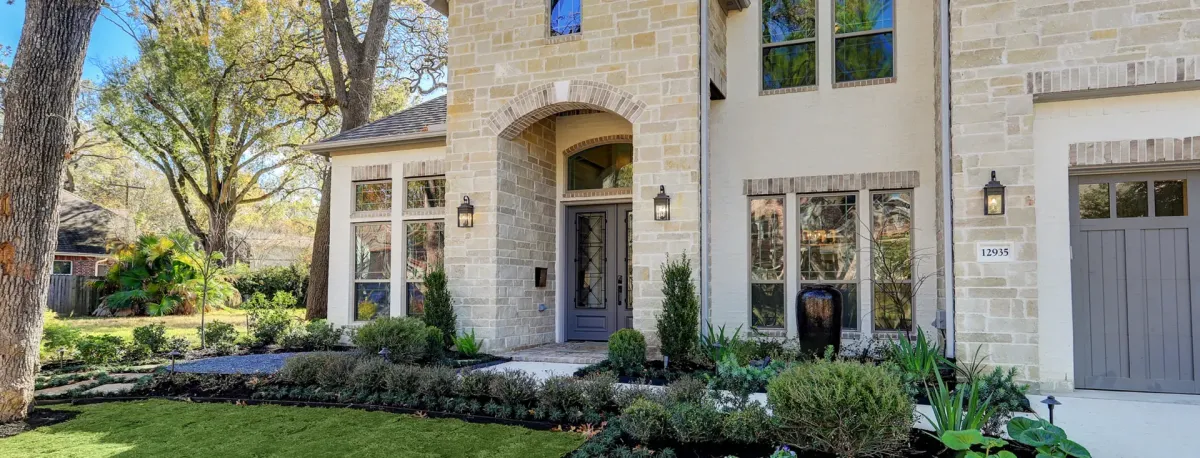
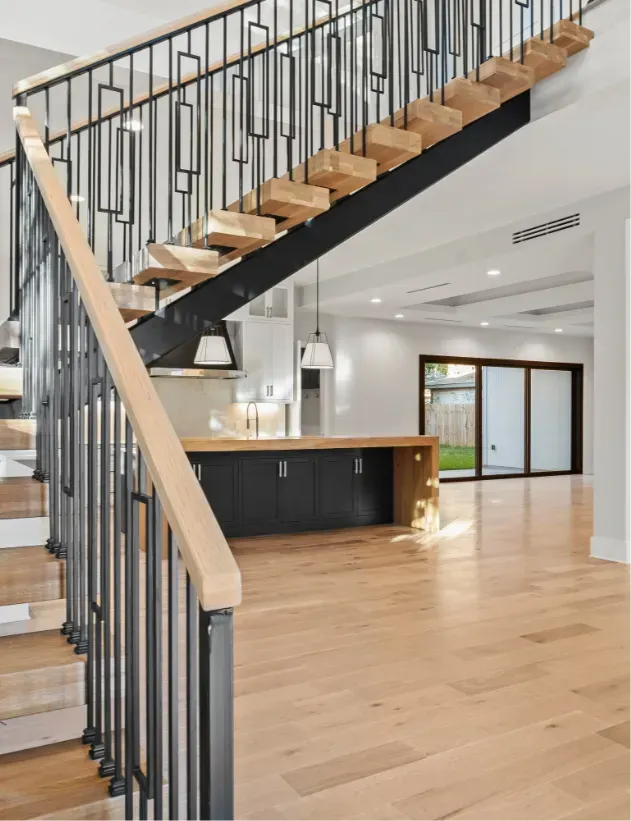

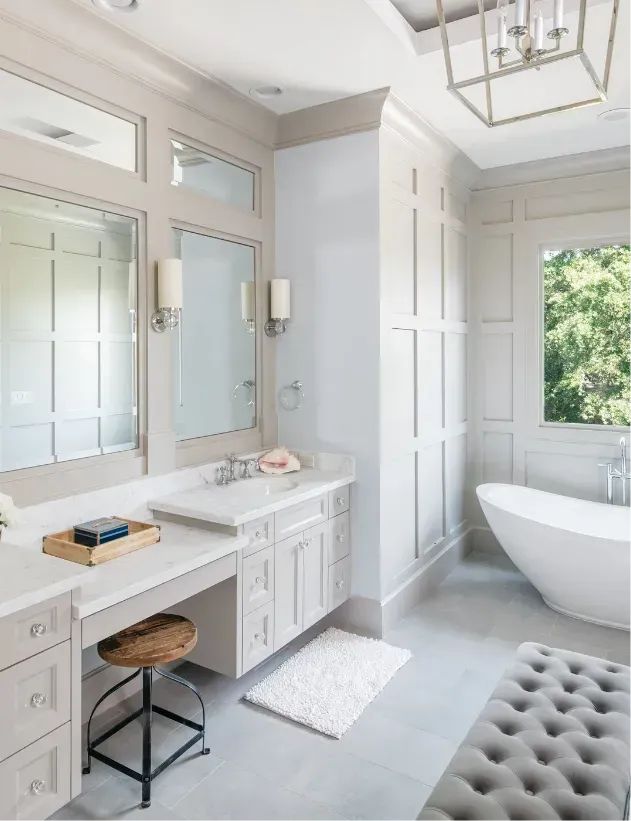

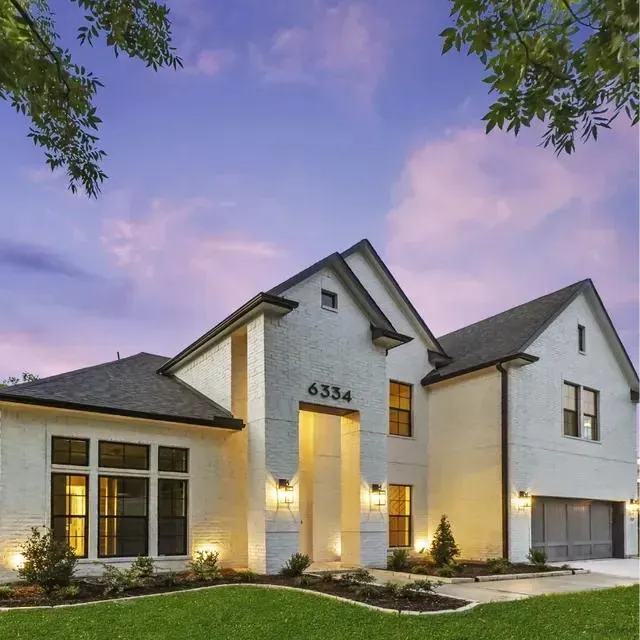
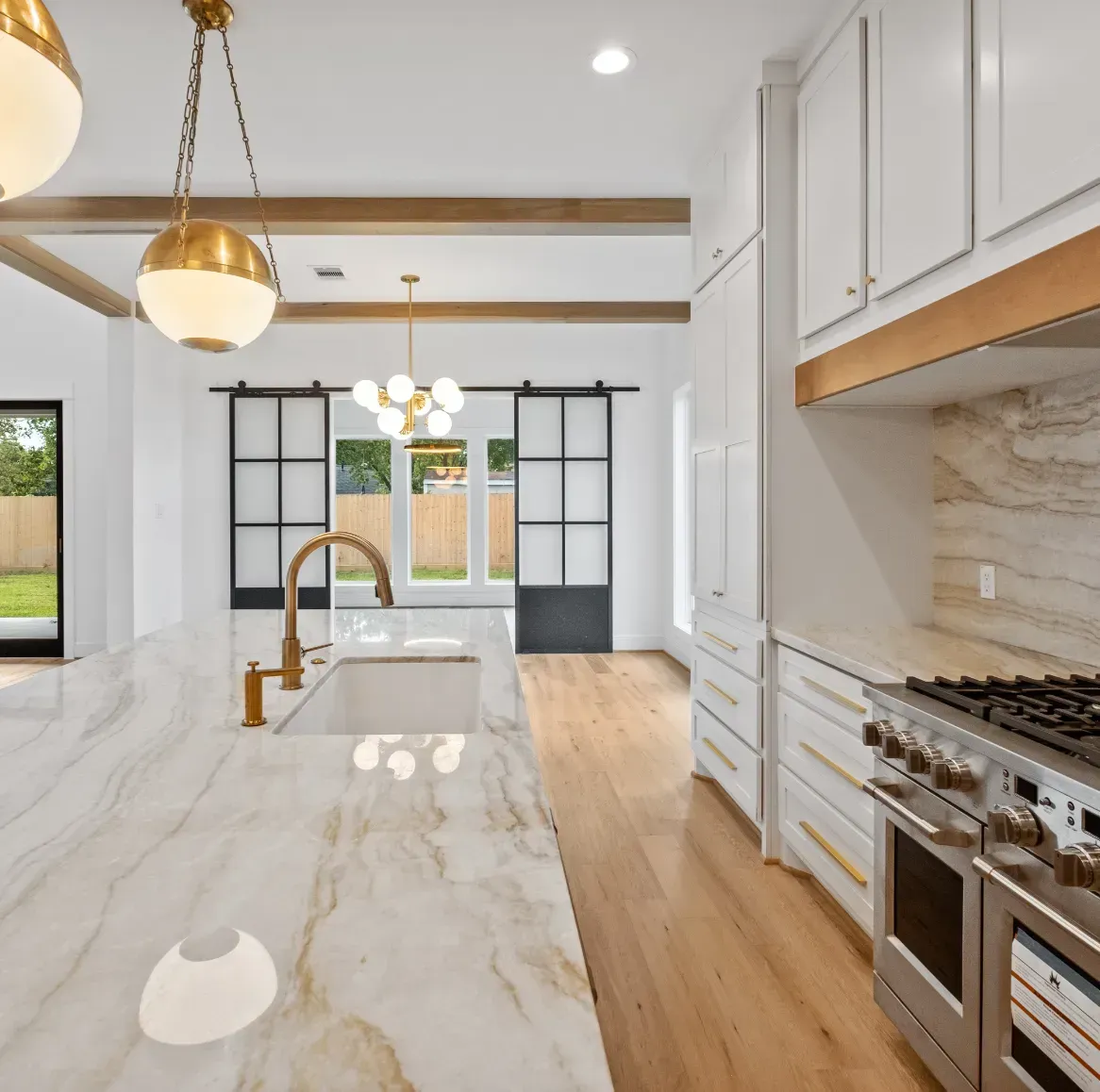
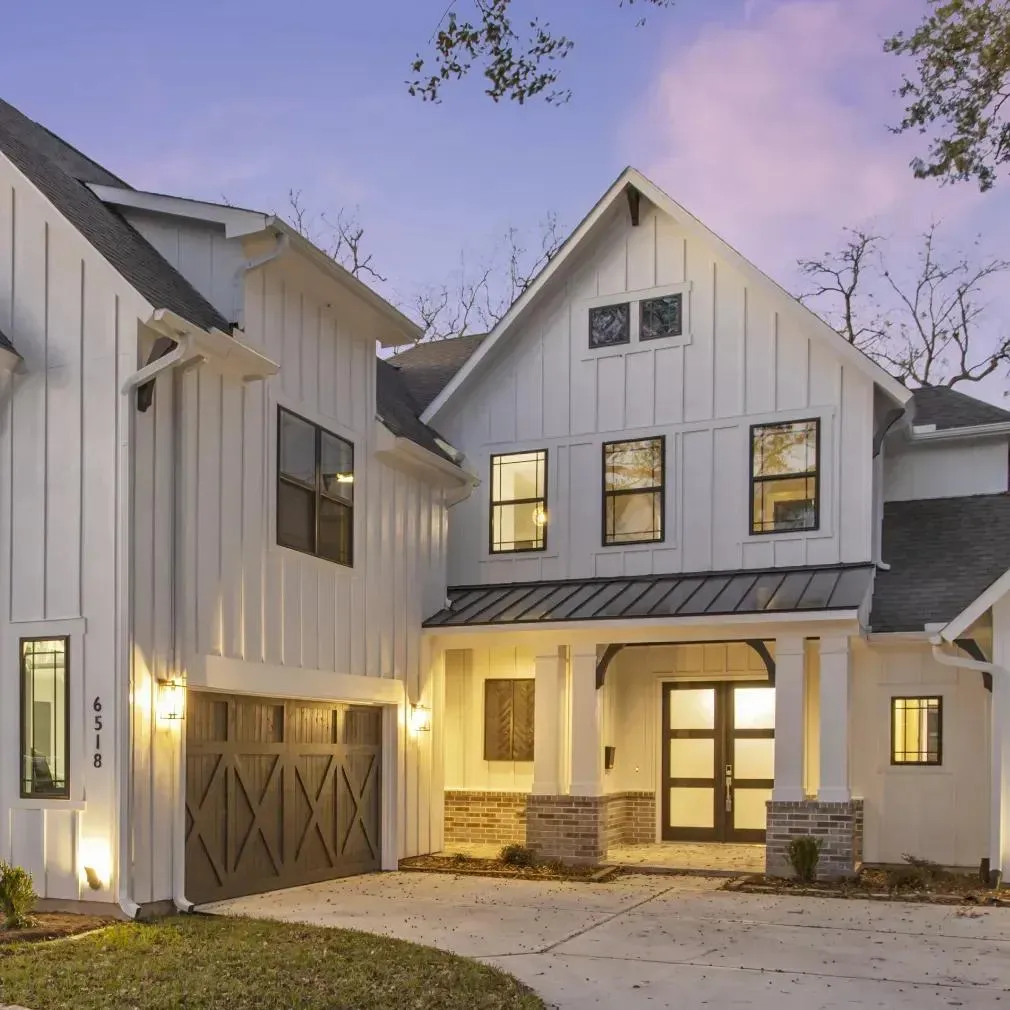
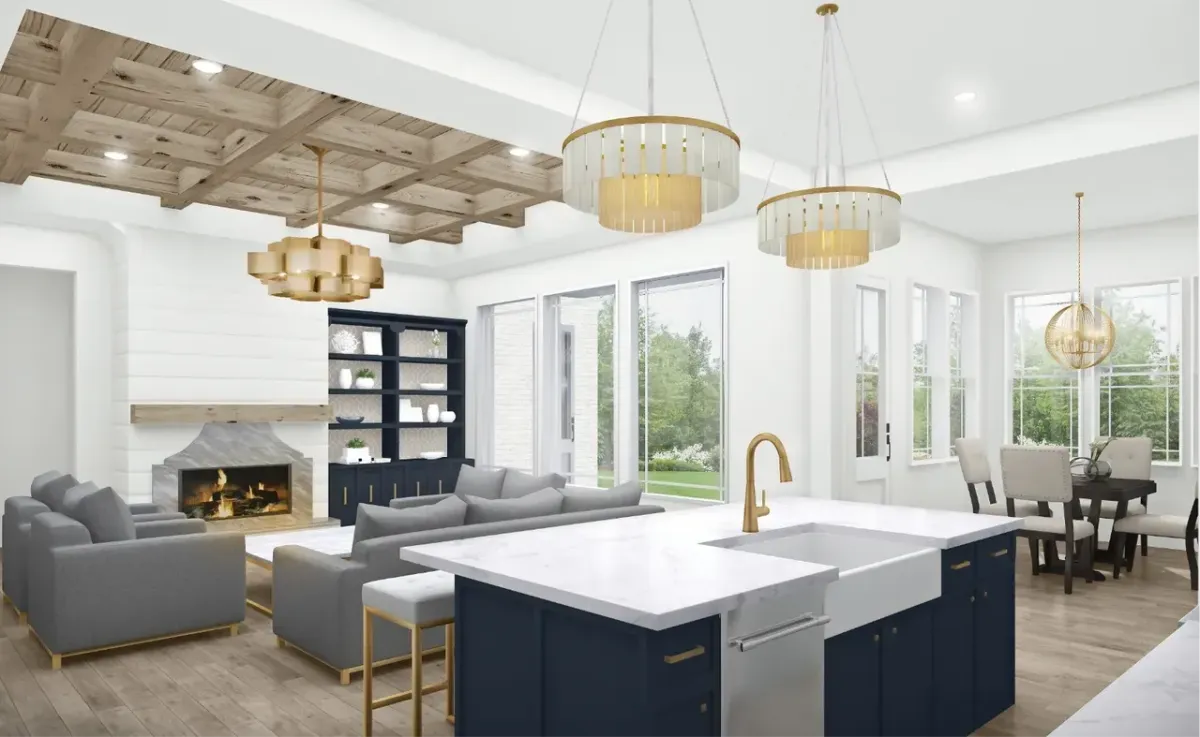
BLOG

Mastering Local Building Codes for Smarter Home Construction
Understanding local building codes is essential when planning a custom home. These regulations are in place to safeguard safety, ensure energy efficiency, and promote structural integrity. While they may appear complex, codes serve as a roadmap for quality construction. Homeowners and builders alike benefit from early familiarity with regional requirements to prevent delays, rework, or penalties. Whether you're building from scratch or taking on a major renovation, aligning your plans with code expectations is a critical step. With the help of experienced consultants sourced through CBC, code compliance becomes more manageable and predictable.
Key Takeaways
Local building codes address safety, structure, and energy efficiency for all home projects.
Compliance reduces costly rework, delays, and permit rejections.
Regional variations demand location-specific planning and adjustments.
Consultants streamline plan approvals, inspections, and code interpretation.
CBC offers expert support to keep projects compliant and stress-free.
Evaluating Your Experience Level for the Build

Understanding your construction background is essential before starting a custom home. Inexperience with current codes or modern systems can create costly delays. Whether you’re building for the first time or haven’t worked on a project in years, gaps in knowledge can disrupt momentum. Assessing your skill level helps you decide when professional support is necessary. Getting guidance early can help avoid rework, errors, and unnecessary costs.
First-Time Builders
Starting your first home build involves a steep learning curve, from selecting materials to navigating permits. Every decision—like framing layout or HVAC selection—has scheduling and technical implications. Without expert guidance, it’s easy to miss steps or create conflicts between trades. A consultant structures your project timeline, helps interpret plans, and ensures compliance with building standards. This guidance reduces confusion and supports smooth progress. It’s especially helpful when coordinating inspections, bids, and plan revisions.
Limited or Outdated Experience
Experience from older projects may not align with today’s standards, making it risky to rely on past practices. Innovations in insulation, structural materials, and ventilation systems require updated knowledge. Consultants understand these changes and help apply them to your new build, ensuring modern compliance. They clarify what methods still work and which ones may cause setbacks. Their insight prevents outdated choices that could impact safety, cost, or energy performance. That support makes for a more resilient, efficient home.
How Can Homeowners and Contractors Navigate Local Building Code Requirements?

Understanding how to navigate local building code requirements is essential for a successful construction project. These regulations protect health, safety, and structural integrity, but they also come with a learning curve. Homeowners and contractors who approach codes proactively are better positioned to avoid delays, fines, and costly corrections. It’s not just about meeting standards—it’s about building with confidence and precision from day one.
Preparing and Submitting Code-Compliant Plans
Every successful project begins with plans that align with local requirements. This includes floor layouts, elevation drawings, and engineering reports. These documents must reflect proper materials, energy efficiency standards, and fire safety measures. Having a consultant review and adjust these plans before submission reduces the chance of rejection. Their insights help you anticipate common issues, streamline approvals, and avoid costly plan revisions after the fact.
Passing Inspections at Critical Construction Phases
Construction inspections happen at several key stages: foundation, framing, electrical, mechanical, and final walk-through. Each must meet specific benchmarks to move forward. If errors are found, work stops until corrections are made. Consultants help prepare for these reviews by ensuring that materials, techniques, and installation methods are up to code. Their involvement improves inspection outcomes and keeps timelines intact by resolving problems before inspectors catch them.
Avoiding Costly Rework From Misinterpreting Regulations
Misunderstanding local codes can lead to serious errors—installing the wrong insulation, misplacing load-bearing elements, or missing ventilation standards. These mistakes often result in expensive rework or even permit suspension. Working with a consultant ensures regulations are clearly understood and followed from the start. They offer guidance tailored to your jurisdiction’s expectations, helping avoid redos and protecting your budget.
Consulting Experts for Regional Code Insights
Because codes can vary widely by municipality, seeking region-specific guidance is essential. Consultants familiar with local authorities and building departments offer valuable shortcuts. They anticipate local preferences, flag hidden rules, and suggest pre-approved materials that pass inspections more easily. Their relationships with inspectors and regulators can also smooth communication and reduce back-and-forth during approvals, which is why CBC’s vetted network of regional experts is such a valuable asset.
What Are the Common Building Code Regulations Affecting Home Construction Projects?

Building code regulations shape nearly every aspect of a home construction project. These standards serve as a safety net, protecting future occupants and maintaining structural durability. From material selection to energy performance, building codes guide decisions that impact long-term function and comfort. Understanding these key areas allows builders and homeowners to plan smarter and avoid surprises as the project progresses.
Regulating Structural Materials and Construction Methods
Building codes specify the acceptable strength, durability, and installation techniques for core materials like wood, steel, insulation, and concrete. These rules ensure homes can withstand environmental pressures and day-to-day use. Using the wrong material or failing to meet installation guidelines can compromise the structure’s safety. Staying within code helps prevent foundational issues, framing weaknesses, and long-term degradation that could risk the home's stability.
Energy Efficiency Requirements in Residential Codes
Codes now require energy-saving strategies to be embedded into the home’s structure. Insulation minimums, high-efficiency HVAC systems, and performance standards for windows and doors all contribute to lower energy usage. These regulations not only reduce operating costs but also support better indoor comfort. Integrating these features early avoids last-minute upgrades and positions the home to meet evolving energy conservation expectations.
Safety Features for Fire Protection and Accessibility
Fire safety and accessibility are two pillars of building code enforcement. Requirements include fire-resistant materials, proper spacing between structures, clear exit routes, and adequate smoke detection systems. Additionally, accessibility guidelines ensure homes can accommodate all users through features like wider doorways, safe staircases, and appropriate railing heights. These standards make the home safer and more inclusive from the ground up.
Environmental and Site-Related Considerations
Codes also regulate how a home interacts with its site. Requirements might include erosion control, stormwater management, or landscape setbacks. In areas with unique environmental conditions, like steep grades or proximity to flood zones, the rules may be more demanding. Meeting these standards is not just about compliance—it’s about ensuring the home’s design is compatible with its surroundings and built to last under local conditions.
How Do Regional Differences Impact Local Building Codes for Home Construction?

Building codes are not one-size-fits-all. While many regions begin with similar base models, such as standardized residential codes, local conditions drive specific adaptations. Climate, geography, and local risk factors all play a role in shaping customized rules. Understanding how regional influences affect these standards helps ensure your home is built safely, efficiently, and legally wherever you're located.
Examples of Variations in Code Requirements by Location
Some locations experience high winds or heavy snow loads, while others may deal with seismic activity or intense heat. As a result, one city may require reinforced roofing, while another mandates earthquake-resistant foundations. Local governments tailor codes to reflect these realities. Knowing what’s required in your area helps guide everything from structural planning to energy choices.
Adapting Home Construction Plans to Local Conditions
Before construction begins, builders must review regional regulations and integrate specific requirements into the project plan. This can include altering structural supports, updating insulation levels, or selecting materials proven to perform well in the local climate. Planning with local expectations in mind prevents redesigns and supports timely permit approvals.
Importance of Working With Regionally Experienced Professionals
Professionals familiar with the area’s requirements can identify code nuances that might otherwise be overlooked. Their experience reduces the risk of compliance issues, especially in locations with more stringent safety or environmental rules. Partnering with knowledgeable consultants ensures your project aligns with local expectations from day one.
What Are the Benefits of Ensuring Full Compliance With Local Building Codes?

Complying with local building codes offers more than just regulatory approval—it enhances your home’s durability, safety, and long-term value. From minimizing delays to lowering costs and improving energy use, full compliance protects both your investment and peace of mind. It ensures your project proceeds smoothly and avoids preventable issues that could affect quality or functionality.
How Compliance Helps Avoid Delays and Costly Revisions
Building to code from the outset reduces the risk of failed inspections, stop-work orders, or expensive rework. When every phase of construction aligns with approved standards, progress flows without interruption. This efficient process prevents miscommunications, limits waste, and allows projects to stay on track and within scope.
How Code-Adherence Enhances Safety and Longevity
Codes are designed to ensure safe living environments by regulating everything from structural stability to fire protection. Homes built to these standards better withstand harsh conditions and daily wear. Long-term, compliance translates into fewer repairs, better occupant safety, and overall confidence in the build’s integrity.
The Connection Between Compliance and Energy Efficiency
Many codes include energy performance requirements for insulation, HVAC systems, and window efficiency. Meeting these standards improves the home’s environmental performance while reducing heating and cooling costs. Compliance helps create a space that is both comfortable and cost-effective to operate over time.
Boosting Property Value Through Code-Aligned Construction
Homes constructed in accordance with code standards are more likely to pass inspections during appraisals and resale. Buyers value code-compliant features such as reinforced roofing, secure foundations, and efficient energy systems. These attributes make the home more attractive in competitive markets and improve resale outcomes.
Key Energy Efficiency Measures Required by Local Building Codes

Modern building codes include a range of energy-saving standards designed to lower utility costs and reduce environmental impact. These requirements affect insulation levels, mechanical systems, and building materials, ensuring new homes are both cost-effective and sustainable. Understanding these elements helps builders and homeowners make smarter design decisions from the start.
Insulation Standards and R-Value Requirements
Local codes often set minimum R-values for insulation in walls, roofs, and floors to improve thermal resistance. These values ensure homes retain heat in winter and stay cooler in summer, reducing the need for excessive HVAC use. Choosing code-compliant insulation enhances comfort, supports long-term energy savings, and contributes to a more efficient overall structure.
Energy-Efficient Windows and Door Specifications
Codes typically require double or triple-glazed windows with low-emissivity coatings to reduce heat transfer. Properly sealed, high-performance windows and doors help maintain indoor temperature and reduce drafts. These upgrades play a key role in cutting energy bills and increasing the effectiveness of heating and cooling systems.
HVAC and Lighting System Efficiency Requirements
Heating, ventilation, and air conditioning systems must meet minimum seasonal efficiency ratings, and lighting standards often limit wattage or require LED usage. These systems are critical to indoor comfort, and their performance directly impacts energy consumption. Code-compliant systems reduce maintenance needs and lower monthly operating costs over the home's lifespan.
Frequently Asked Questions
What elements are most critical in building codes?
The most critical elements in building codes typically include structural integrity, fire safety, energy efficiency, and ventilation. These ensure that homes are safe, durable, and environmentally responsible. For custom home builders and renovators, overlooking even minor details like stair dimensions or insulation R-values can lead to failed inspections or costly rework. Custom Builder Connection helps you navigate these complex requirements by connecting you with consultants who are experienced in decoding and applying the most up-to-date local codes.
Can non-compliance with building codes affect insurance?
Yes, non-compliance can significantly impact your ability to secure or maintain homeowner’s insurance. If a claim arises and it's discovered that the property was not built to code, insurance companies may deny coverage or compensation. CBC works with vetted consultants who ensure code compliance from the earliest stages, helping protect your investment and avoid insurance complications down the line.
How do local climate factors impact building code standards?
Local climate factors such as humidity, temperature swings, flood risks, or seismic activity heavily influence code standards. For instance, areas with frequent storms may require stronger roofing materials, while cold regions may mandate higher insulation values. CBC connects you with consultants who specialize in your region and understand how to adjust construction plans to meet these localized standards effectively.
Is it necessary to hire an expert for plan reviews?
Absolutely. Hiring an expert for plan reviews can prevent delays, failed inspections, and design flaws that are expensive to fix later. Professional reviewers catch compliance gaps early and ensure that your plans meet all local requirements. CBC streamlines this process by matching you with experienced plan reviewers who work alongside your design and build team to keep the project moving smoothly and legally.
How often should builders update their knowledge of local codes?
Builders should regularly update their knowledge—at least annually or whenever there’s a code revision in their area. Construction regulations evolve based on safety data, new technologies, and environmental goals. CBC ensures that the professionals in its network stay current with code updates through ongoing training and close coordination with local permitting offices, so your project benefits from the most accurate and compliant guidance available.
Conclusion
Navigating the complexities of local building codes is a vital part of any successful home construction or renovation project. From material choices to energy standards and safety features, compliance supports quality, durability, and peace of mind. Regional variations in codes add another layer of complexity—but with expert support, they become easier to manage. CBC helps bridge the gap between your project goals and regulatory demands by connecting you with skilled consultants who guide you through each phase.
This proactive approach minimizes setbacks and ensures a smoother construction journey. With proper planning and code-aligned execution, your home can meet the highest standards of performance and safety.
Contact Us Today To Learn More
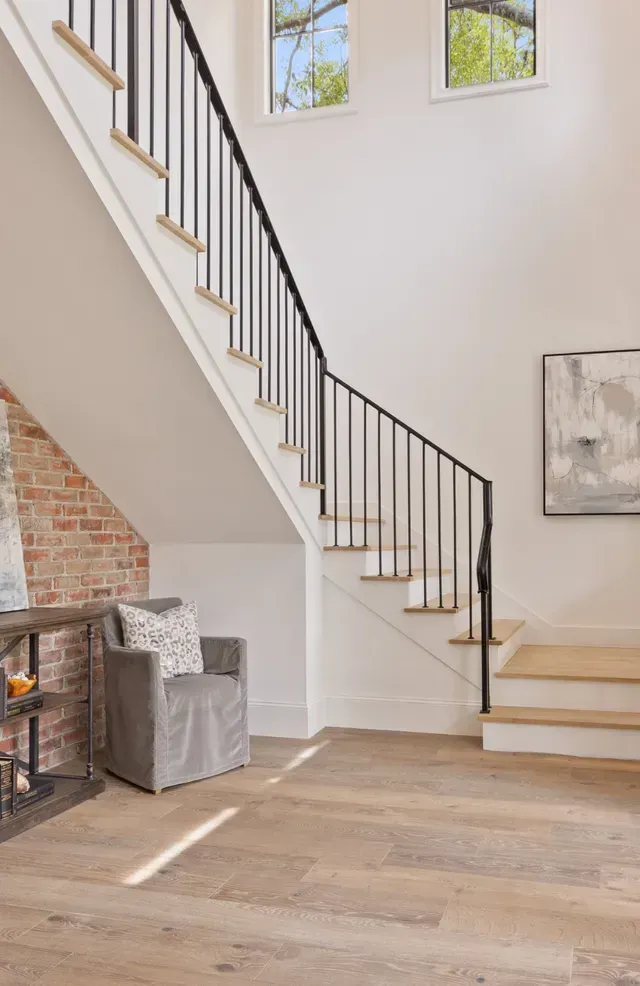
Phone: +1 713-304-5330
Address: 8588 Katy Fwy #450, Houston, TX 77024, United States


